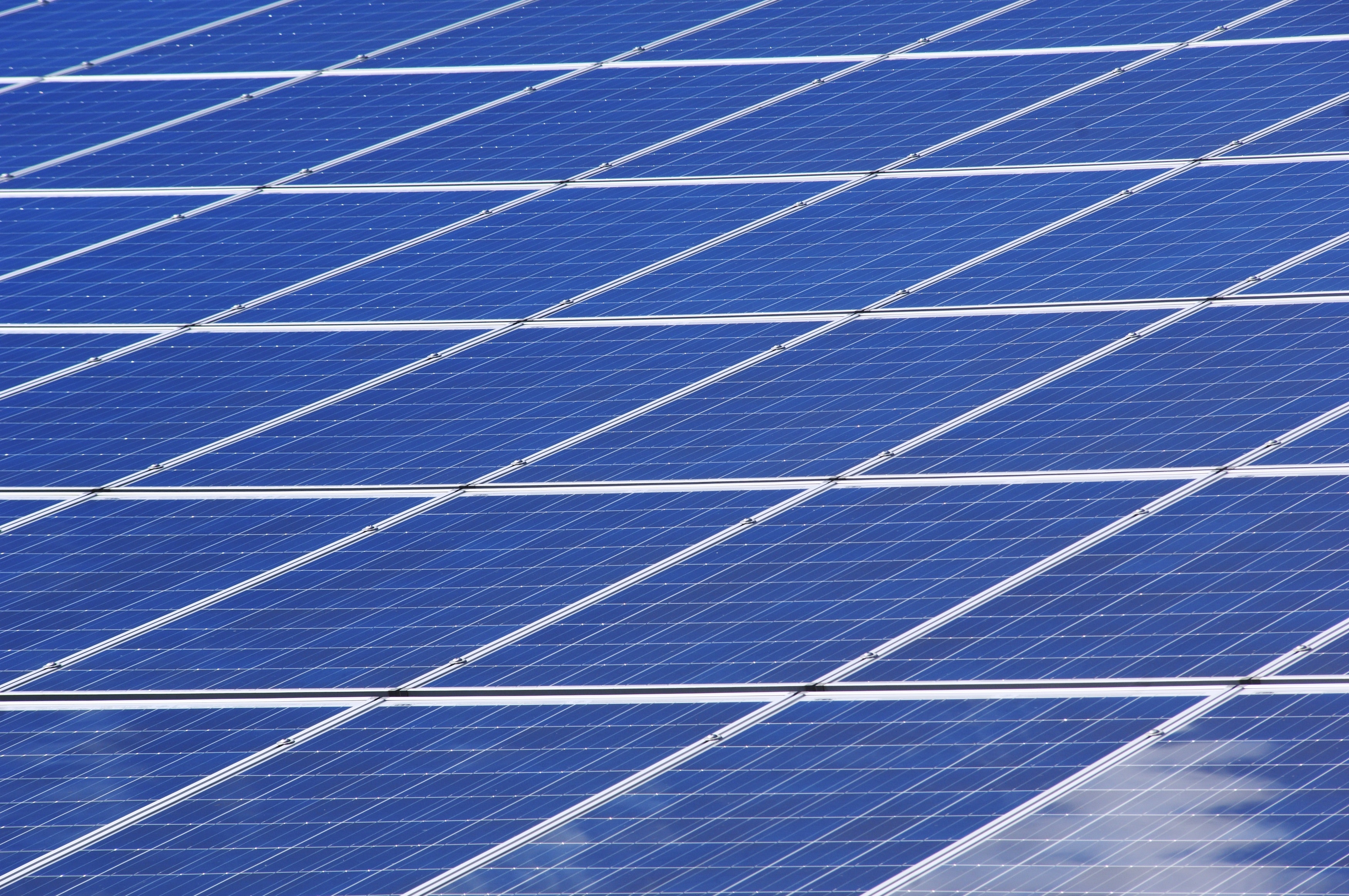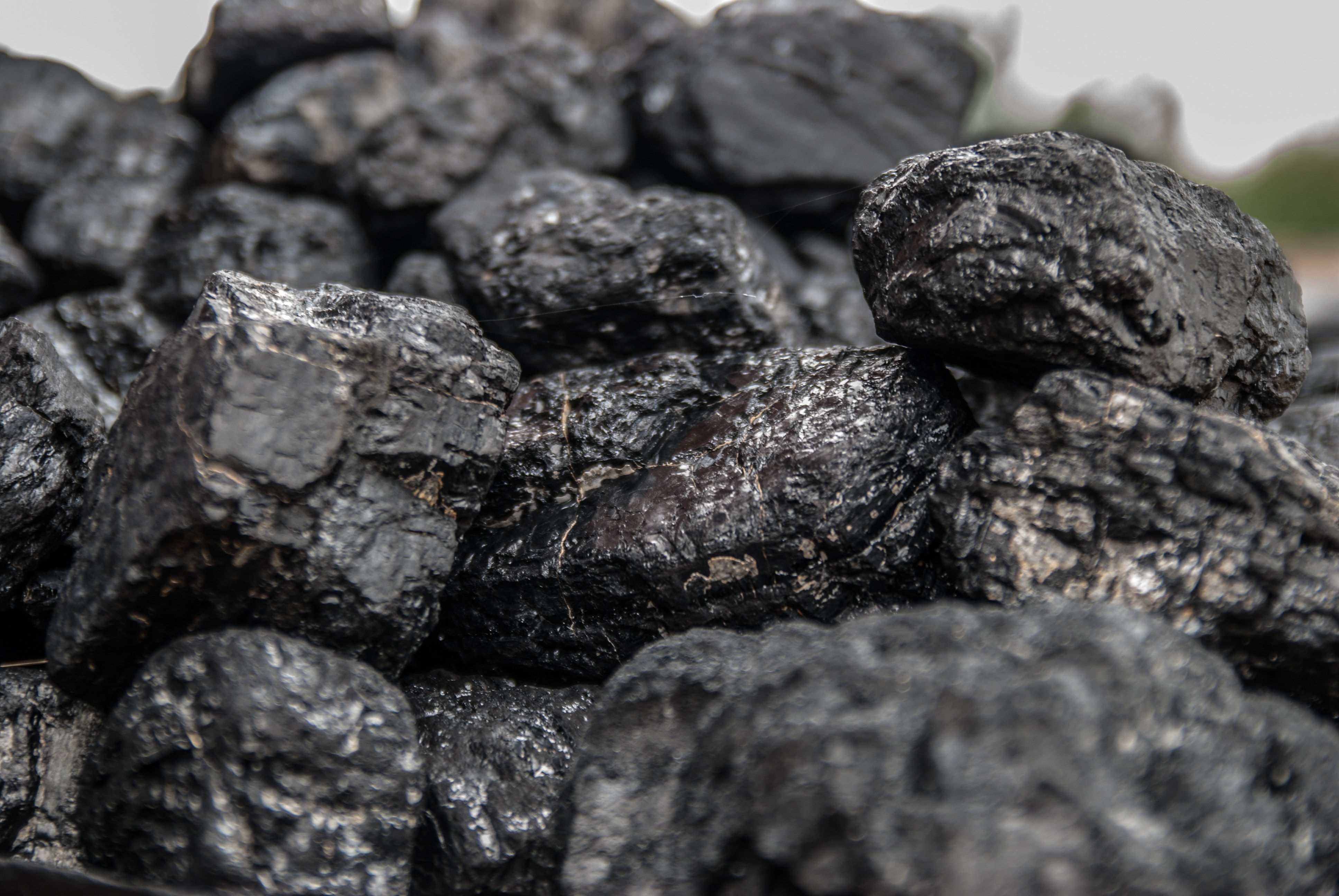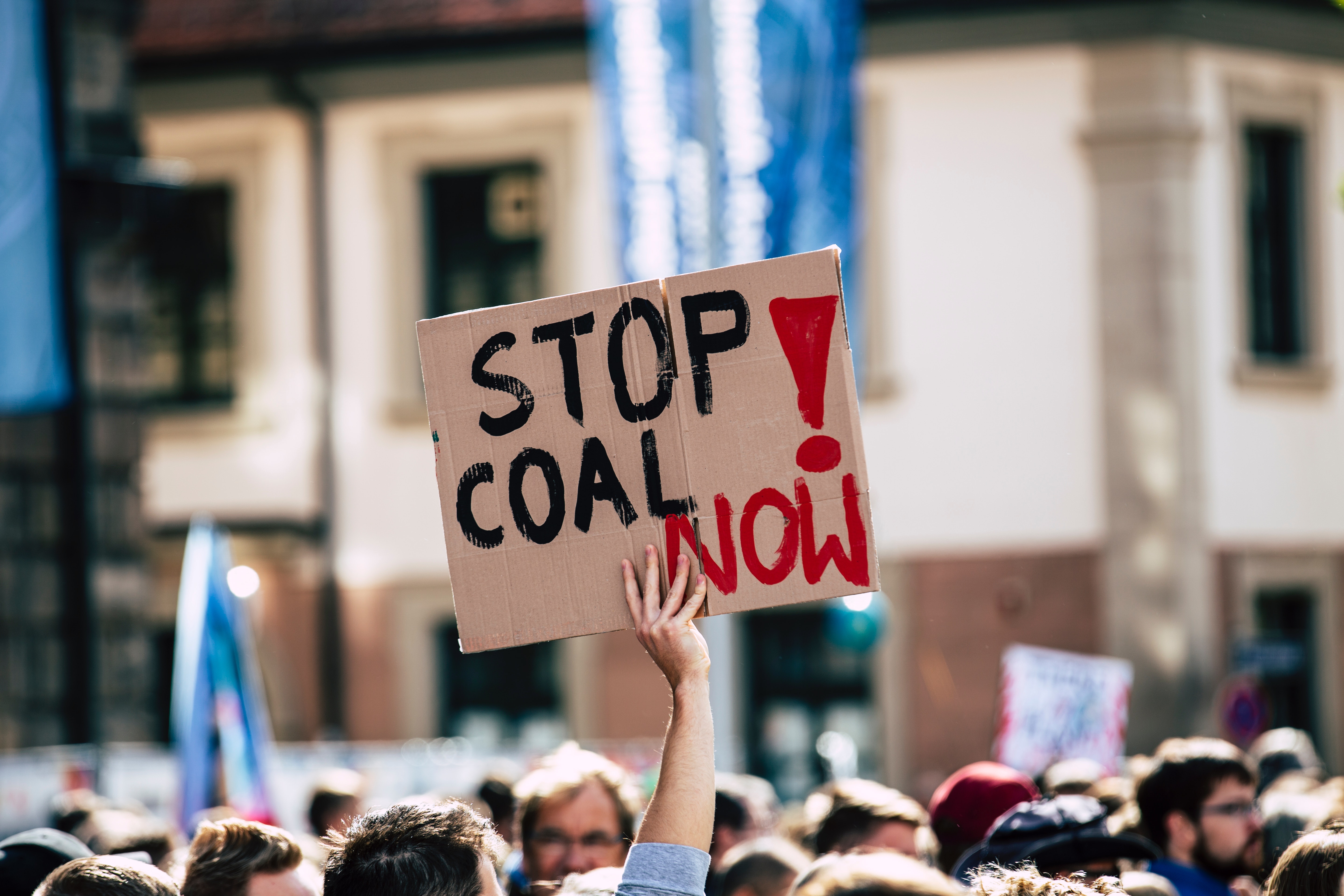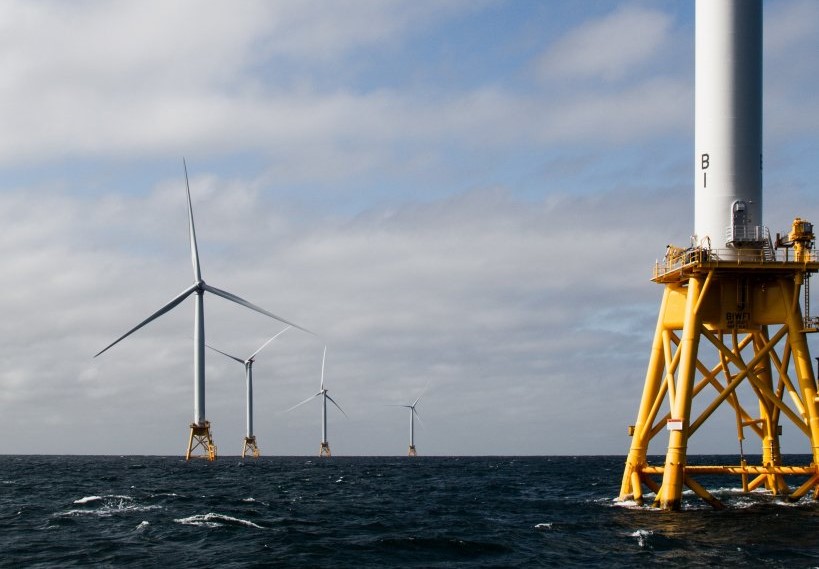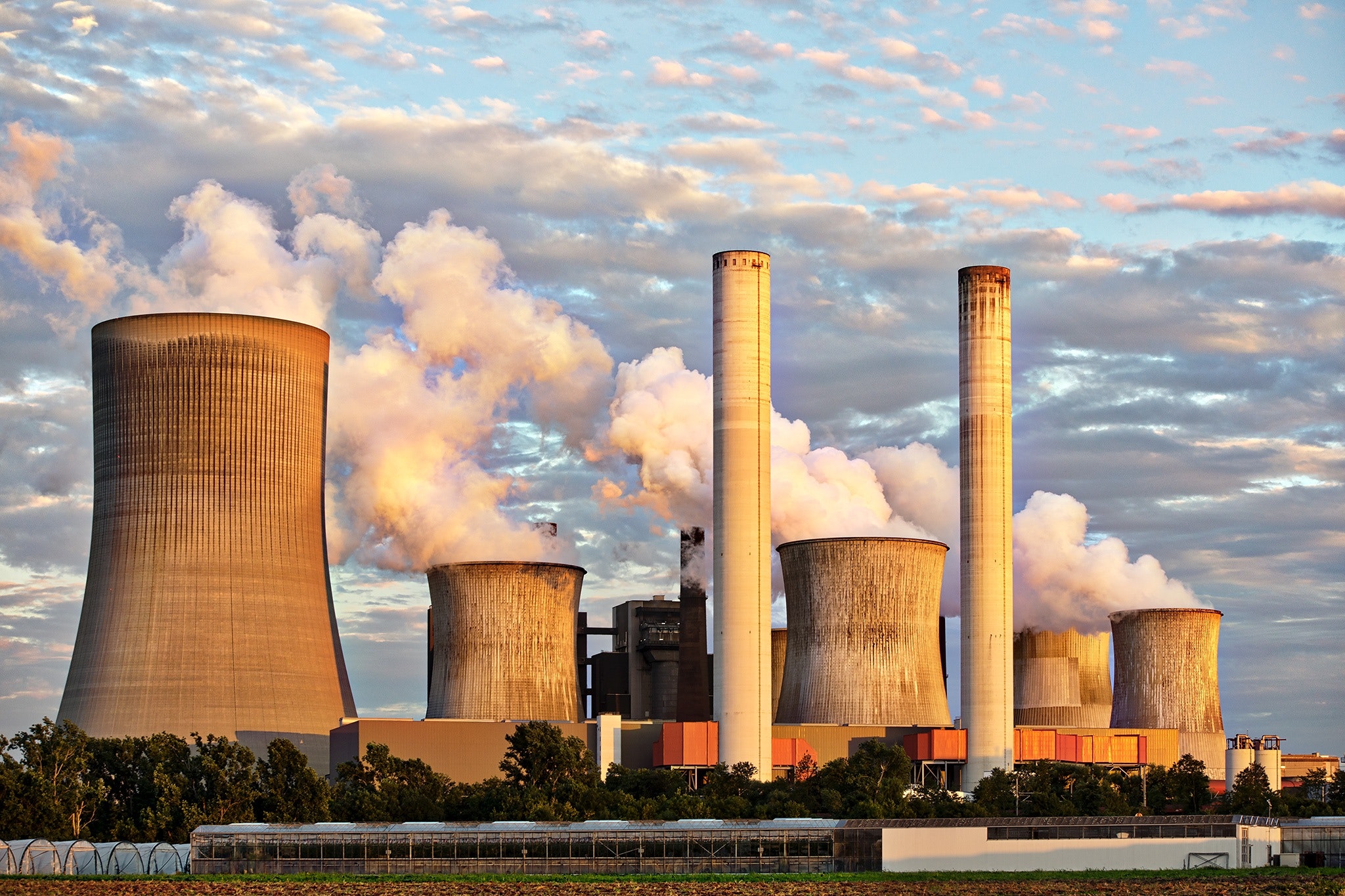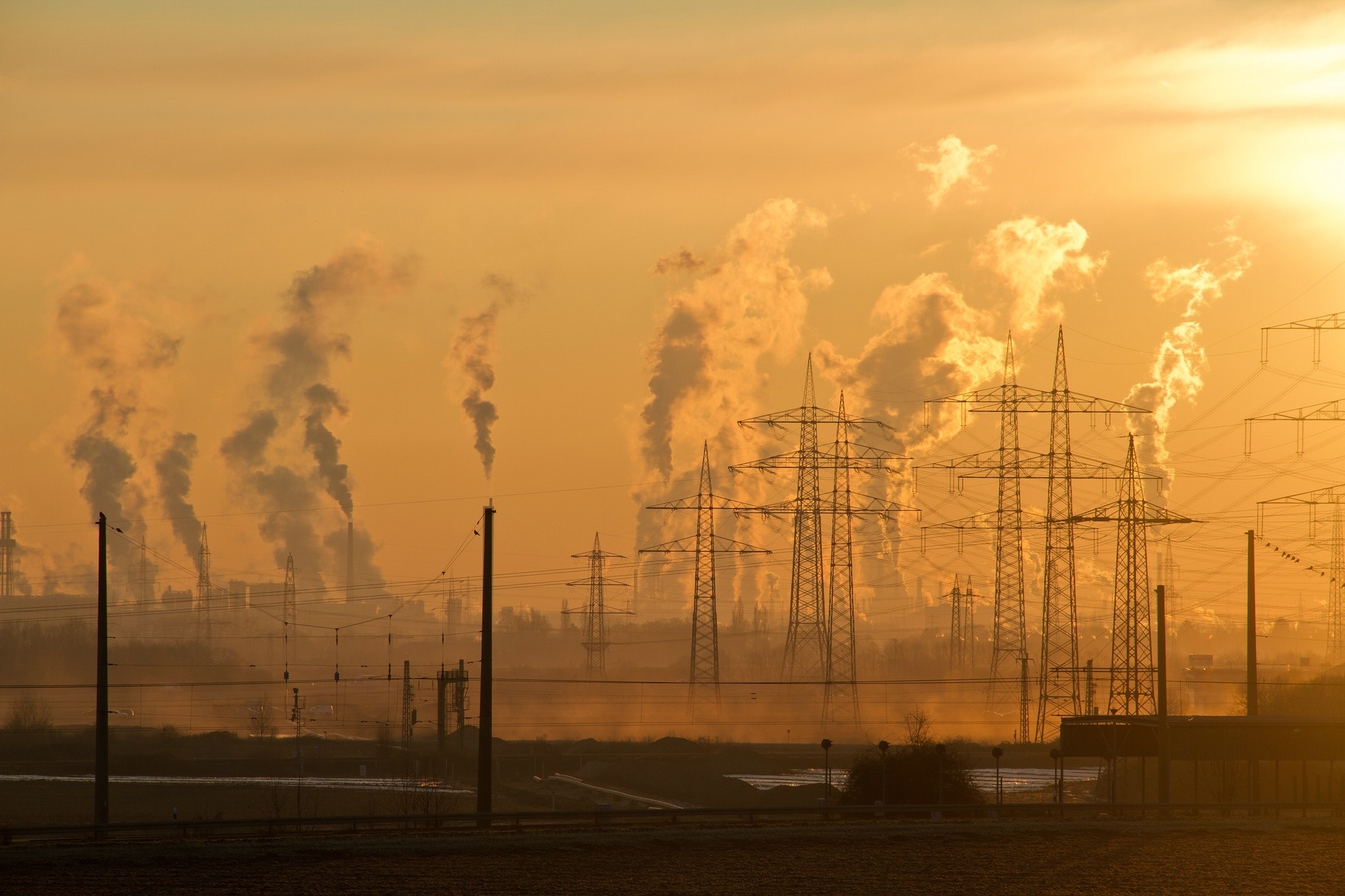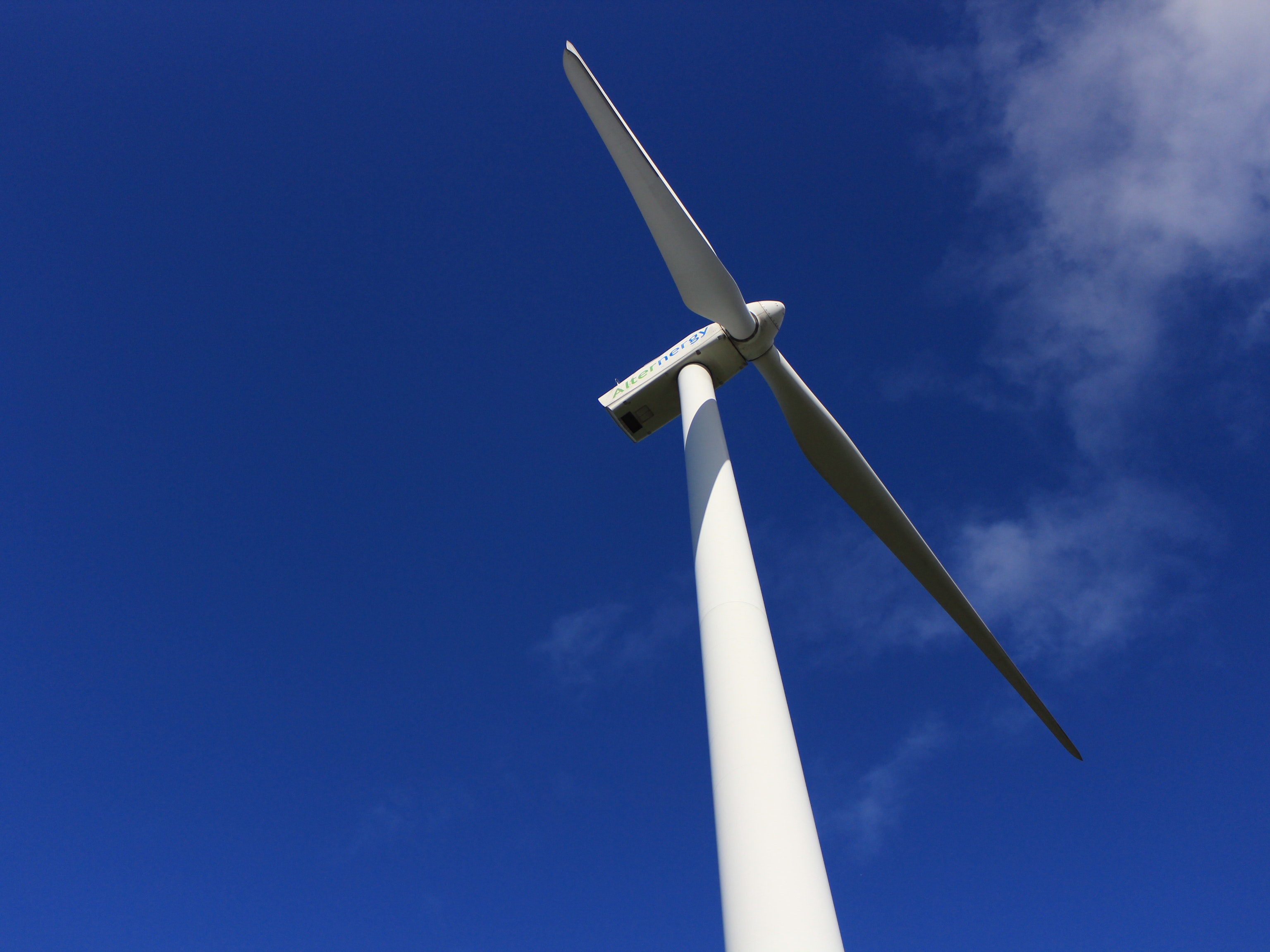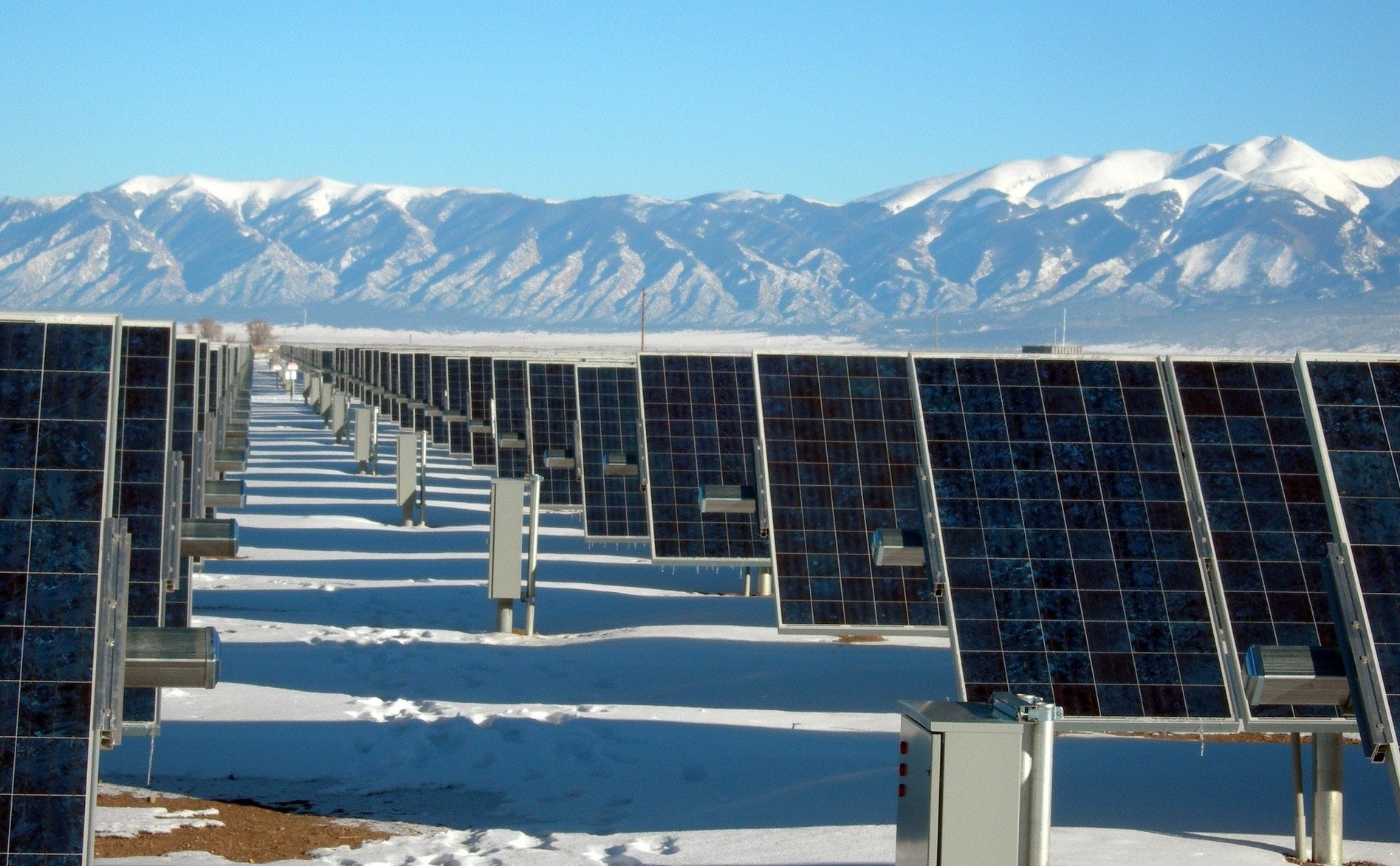Author: Grace Liu ‘23
Hello and welcome back! We hope that your Thanksgiving break was restful and filled with good food. If you’re anxious about the elevated campus risk status, new covid variant, finals and projects, etc., that’s totally understandable. However, we hope that this article about potty training cows, plastic-free veggies, and coral reef recovery will boost your mood a bit.
- Potty trained cows help fight pollution: It is an unfortunate phenomenon that cow urine produces a pollutant called ammonia which is harmful if inhaled and an indirect greenhouse gas. However, researchers have found that potty training cows to pee in a latrine called the “MooLoo” could lead to a 56% reduction in ammonia emissions. The cows trained using a combination of treats and spritzes of water show a success rate on par with children.
- France frees fruits of plastic: There are a growing number of grocery stores and supermarkets in Paris that sell produce without single-use plastic containers. Recently, the government announced that, starting next year, plastic packaging for produce under 1.5 kg will be banned. The plastic waste savings from this policy are estimated at over a billion units.
- Nobel Prize-winning economic theory helps save coral reefs: Researchers at the University of Queensland in Australia are applying modern portfolio theory (MPT) to identify coral reefs with the most potential to repopulate other damaged reefs. The stock market theory was developed by the economist Harry Markowitz in the 1950s to help investors maximize returns while minimizing risk.
Thanks for reading, and we hope that these news snippets have brightened your day a little! Please check back in next week for more positive environmental news and in the meantime, feel free to take a look at previous posts or share some good news with us!






